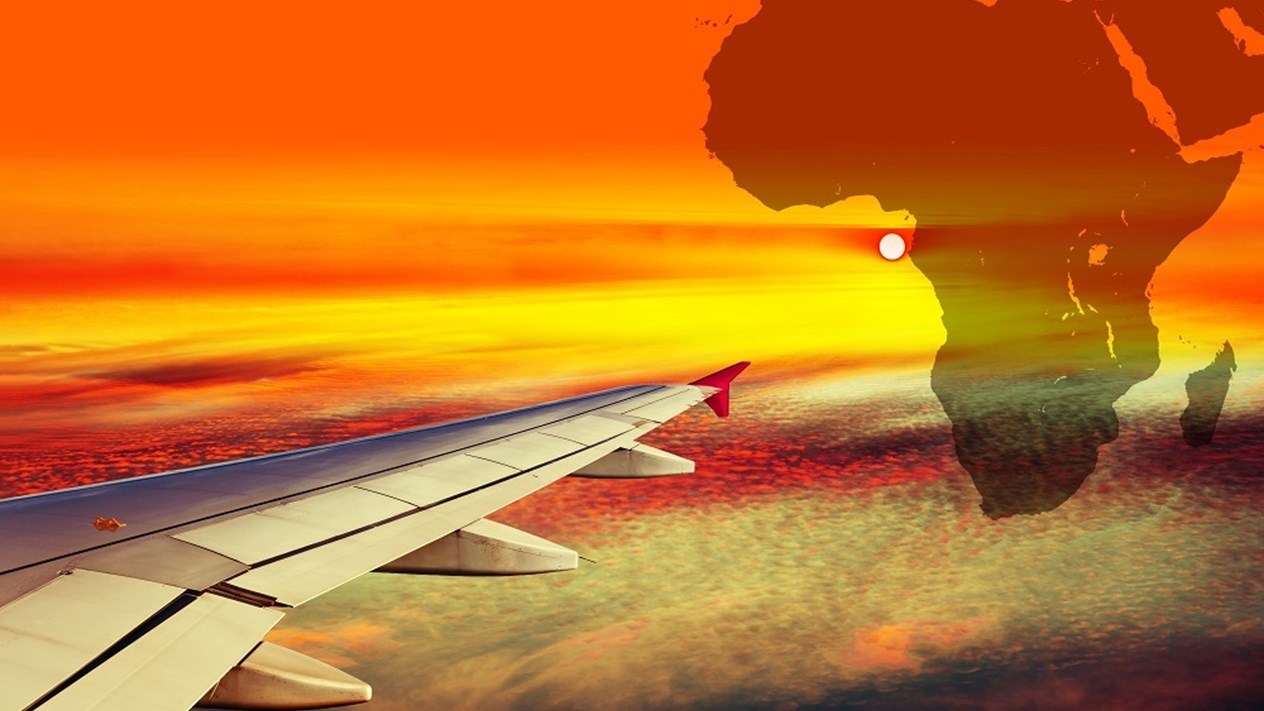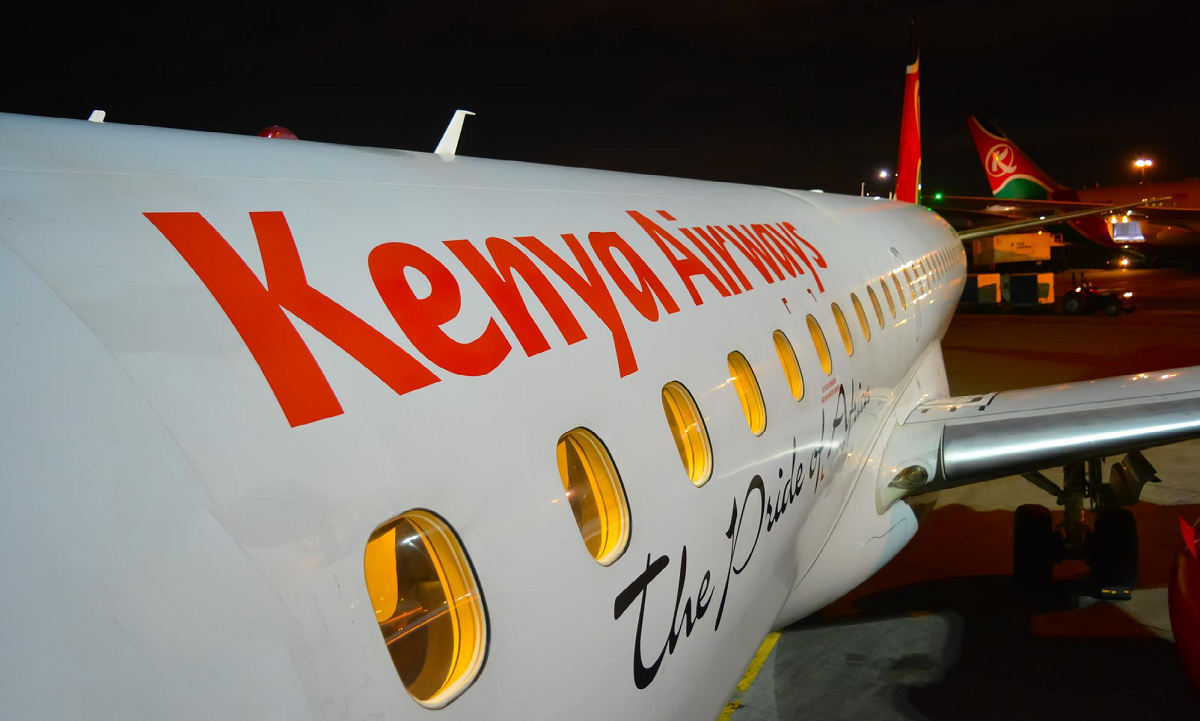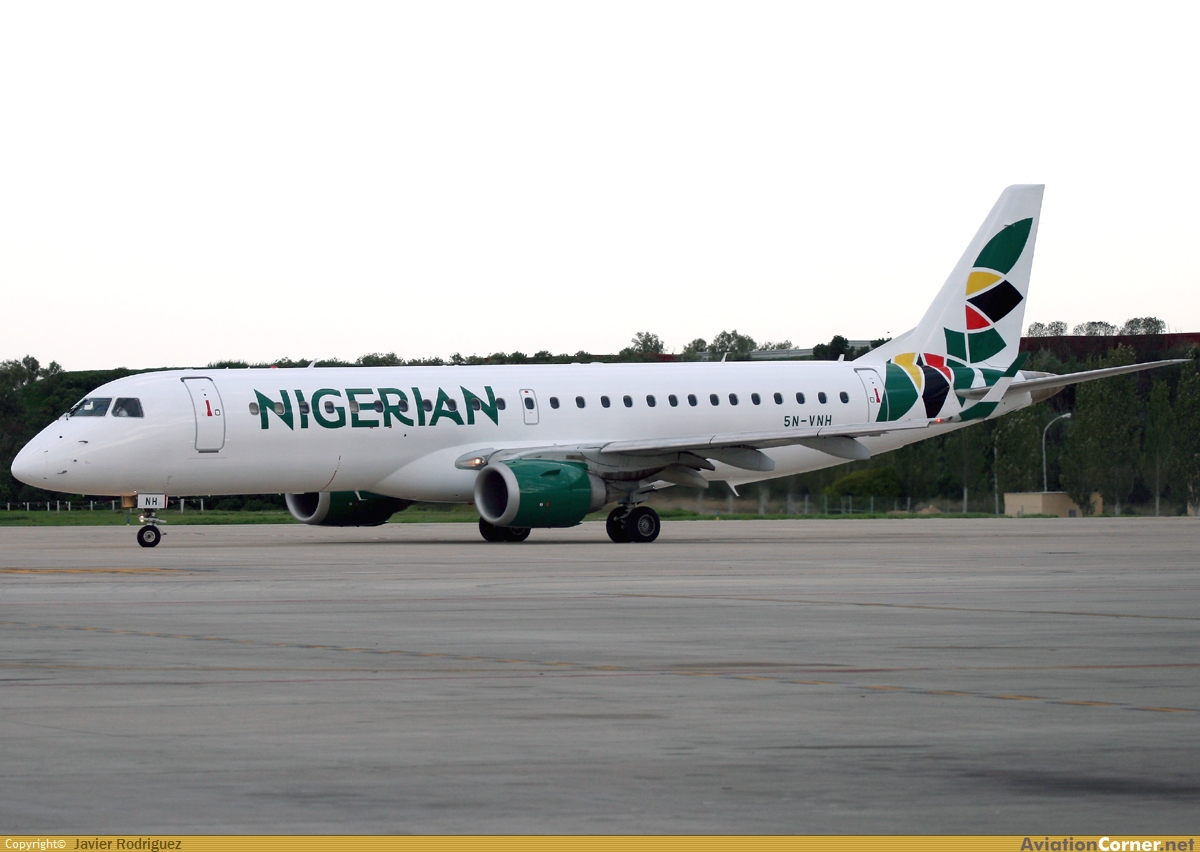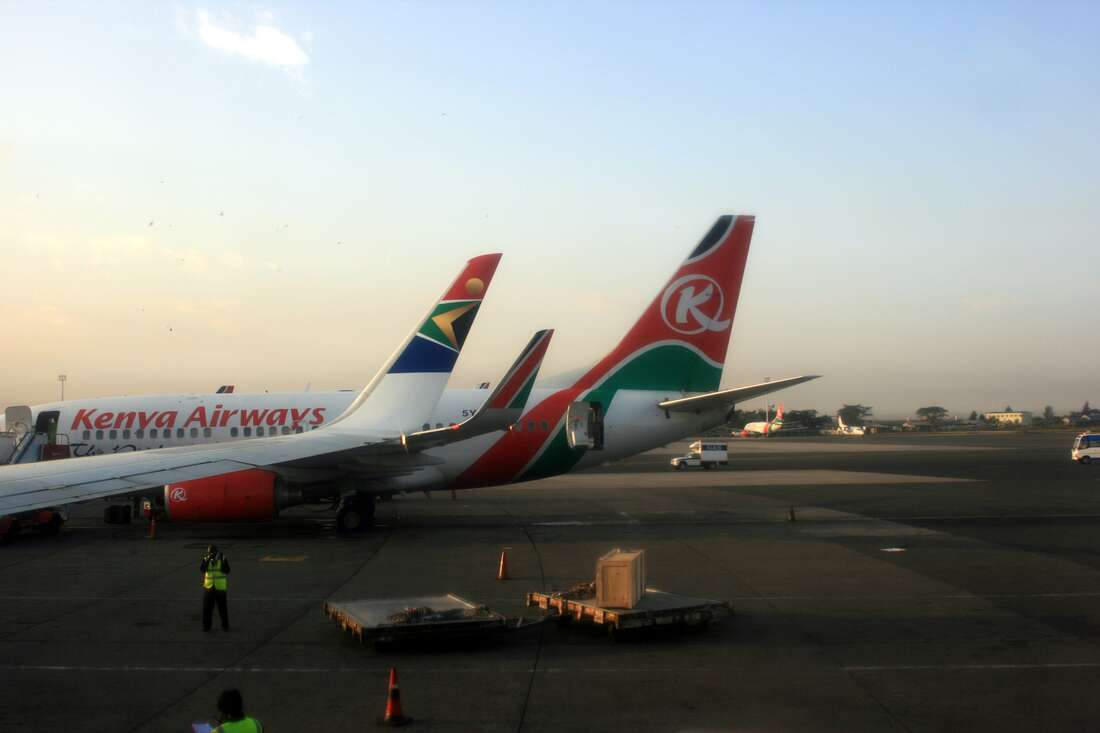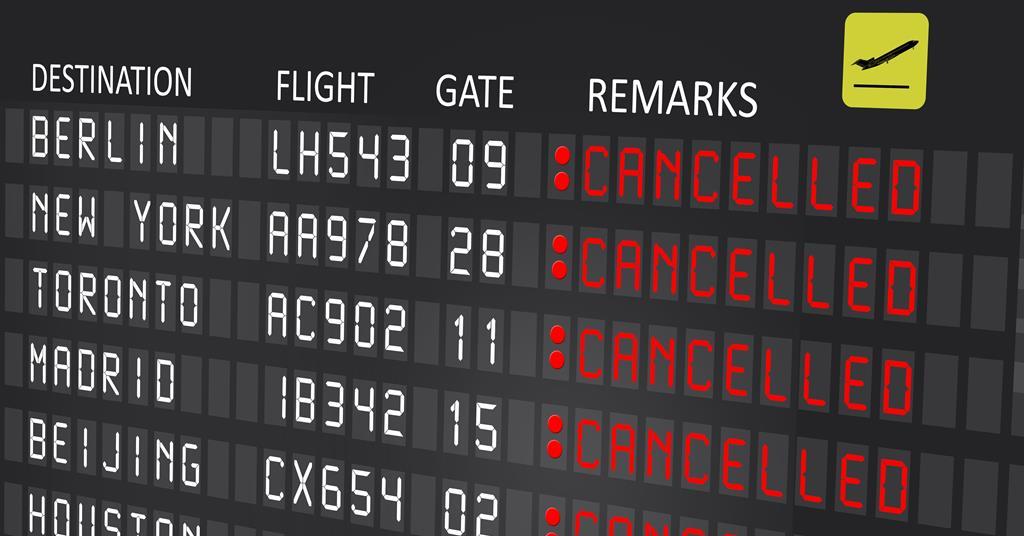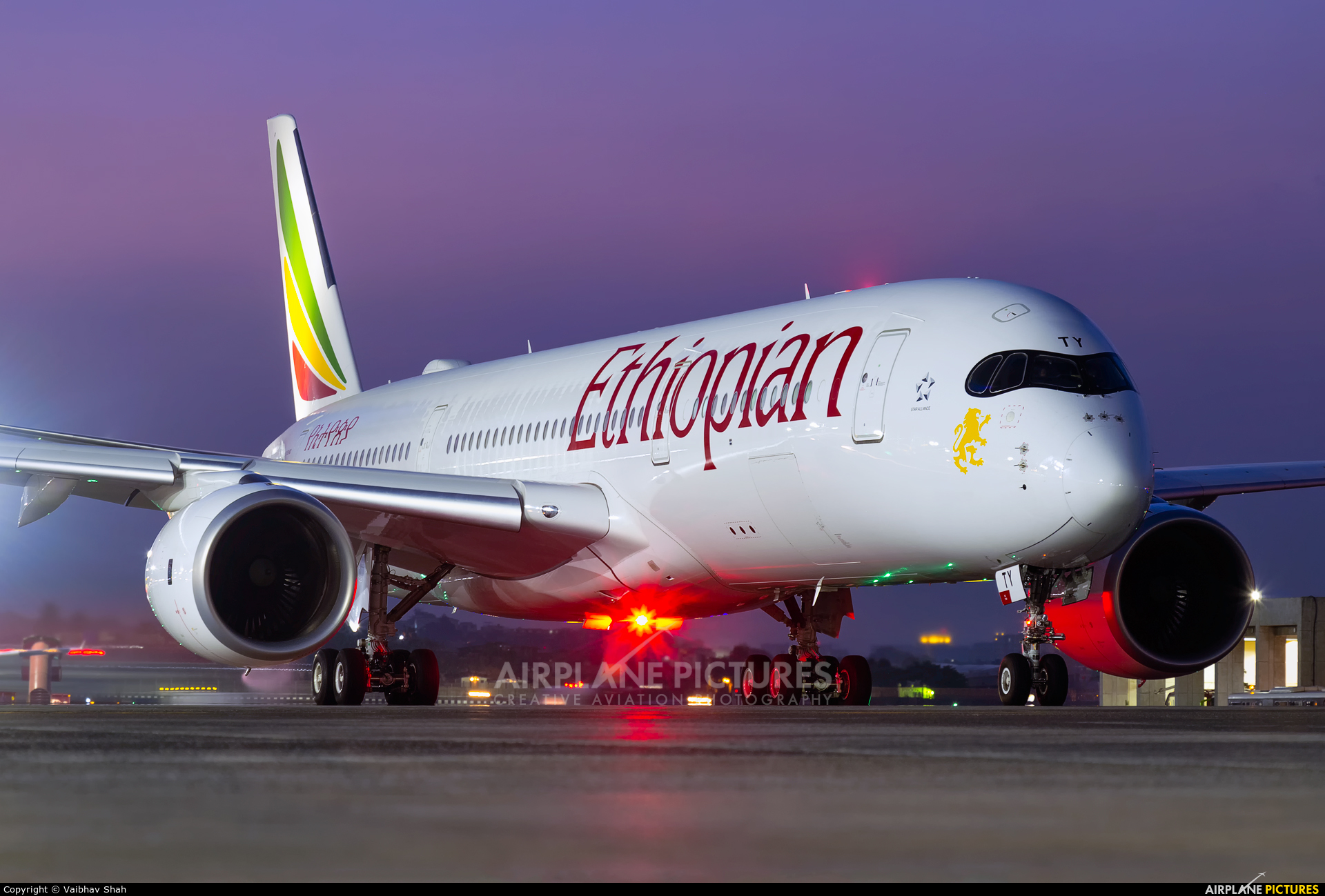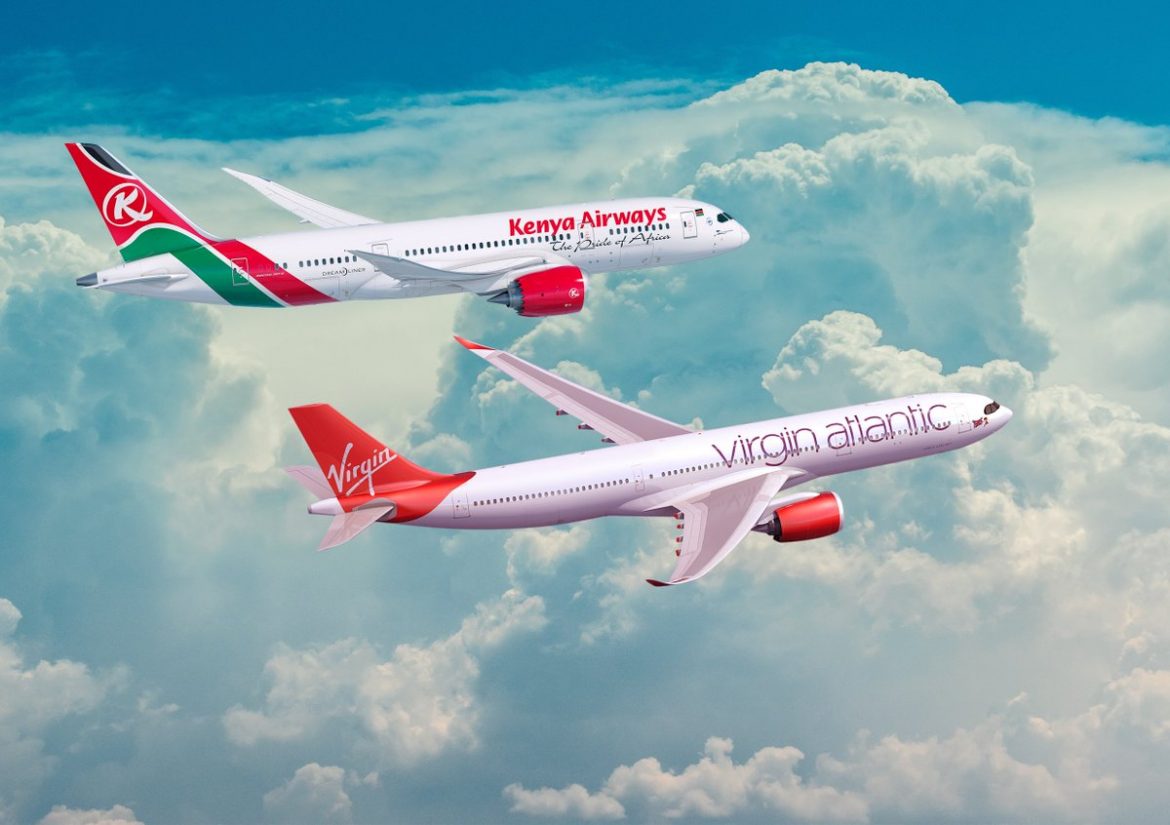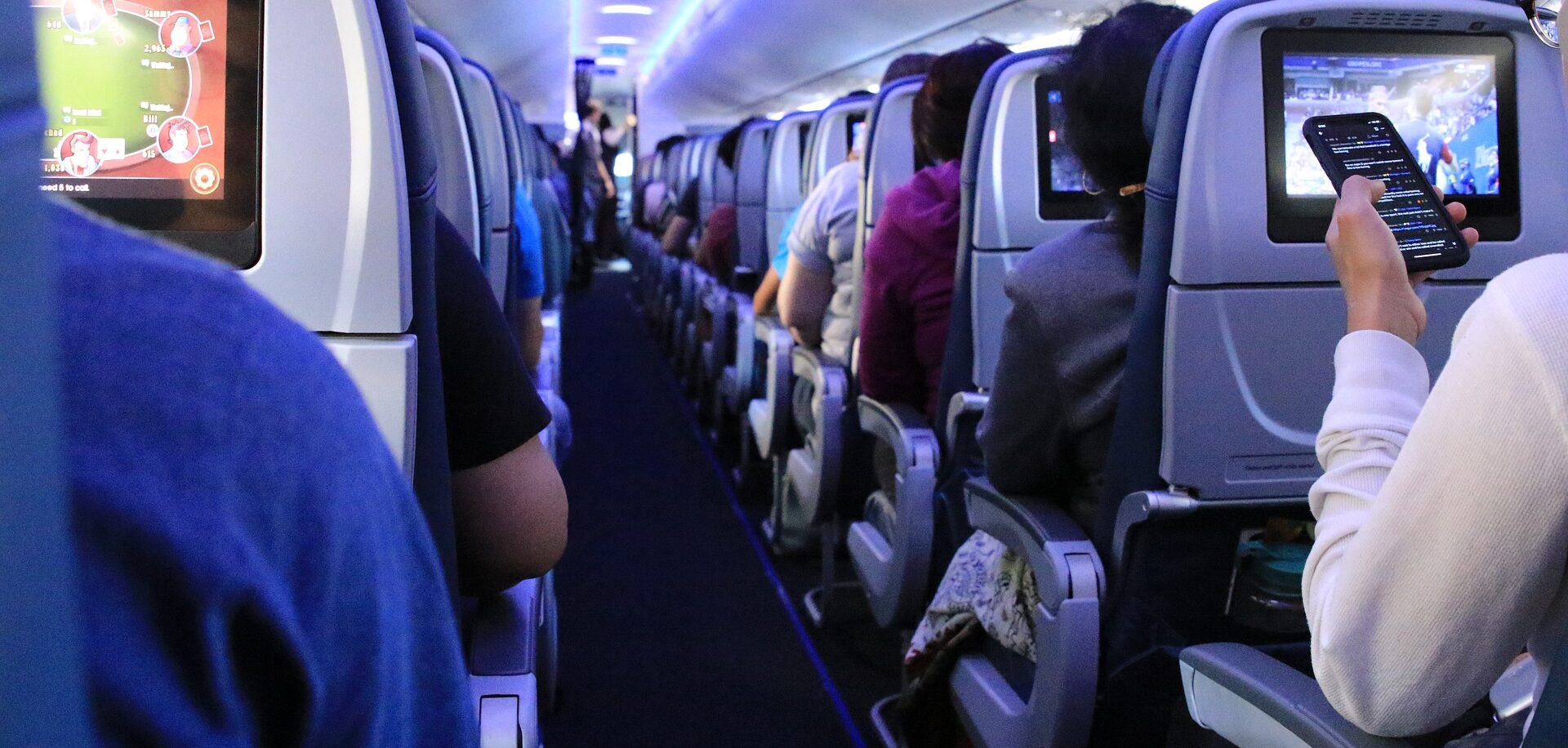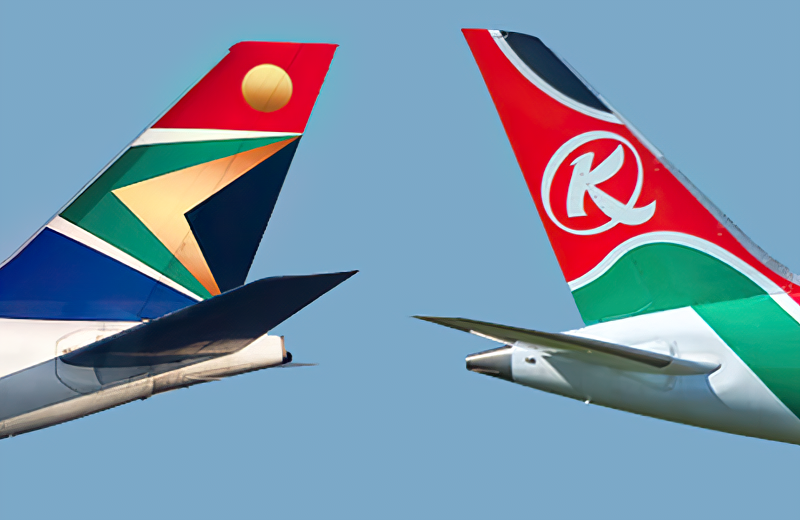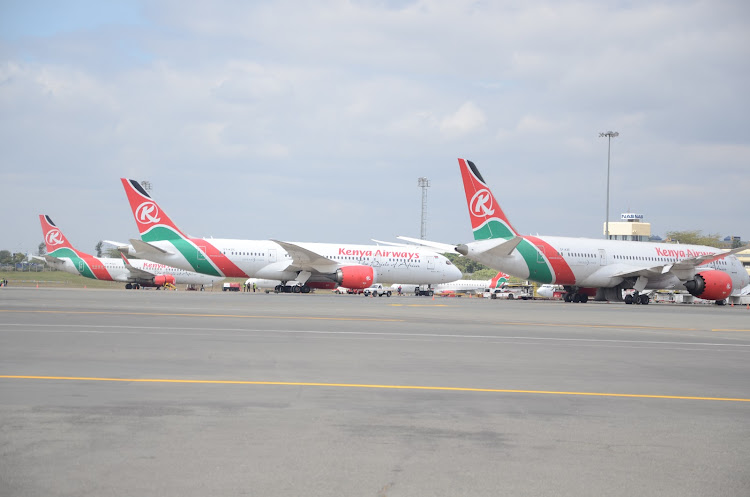Over the years, Nigerian airlines have failed to successfully operate international routes. Many international carriers, who describe the Nigerian routes as very lucrative, deploy many strategies, including visa denial, to short-change Nigerian carriers, but Nigerians are the enablers of this perfidy.
On Monday Nigeria’s major carrier, Air Peace reported that it would suspend its flight service to Johannesburg due to high cost of aviation fuel and the inability of Nigerians to secure visa to South Africa.
The airline explained in a statement that due to the turbulent times the aviation industry was experiencing with Jet A1 fuel increases, scarcity of forex and a delay in visa issuance for South African travel passengers, it had to stop the service.
Over the years Nigeria always have stormy relationship with South Africa in terms of visa. Even when the country’s tourism board spends huge money marketing tourism destinations in Nigeria, Nigerians always face hiccups obtaining visa to that country.
The latest issue concerning visa, THISDAY learnt, has to do with South Africa Airways. The national carrier started operation to Lagos, one of its lucrative international routes, last year and has been operating direct flight between the two countries with Air Peace. Air Peace started flights to Johannesburg in December 2020.
With difficulty in obtaining visa to South Africa, many Nigerians who booked flights with Air Peace would not be able to travel and that is the dilemma they face currently.
THISDAY learnt that Air Peace approached South Africa embassy in Nigeria and pleaded that they should relax their restrictions, but the embassy had not responded. An insider and tourism expert told THISDAY that while South African companies in Nigeria might have risen to 300, most of them monopolies, more Nigerians travel to South Africa because what Nigeria exports are human resources (it is reported that two Nigerian medical doctors leave for the UK everyday). So there are more Nigerians that travel to South Africa than South Africans that travel to Nigeria. Since South Africa Airways started operating to Nigeria, most South Africans travel with the airline and many of them, being top officials of these blue-chip companies in Nigeria travel business class. So even without high load factor at the back of the cabin, the airline earns good revenue from the operations.
But the many Nigerians who travel to South Africa are go-getters who fly largely economy class and with loyalty to their own carrier would like to patronise Air Peace. These are the people that are stopped by visa restrictions.
“They use visa restriction, airport protocol (immigration and flight scheduling) to make you uncompetitive. Now, a lot of people who booked Air Peace flights are moving their passengers to South Africa Airways. Nigeria loses again. Nigeria has no cooperate products to export; just our Dangote and human resources. Any other thing we export they dictate against our own benefit. So what Nigeria should do is to protect her citizens. Like what happened in Namibia. When Namibian authorities beat up Nigerian woman, Nigeria stopped issuing visa to Namibians and that was what killed Air Namibia flight to Nigeria,” the expert said.
Punitive Measures
The expert was also of the view that since what Nigeria largely exports is its human resources; the federal government should take decisive action to protect that “product.”
Recently the Chairman/CEO of Nigerian in Diaspora Commission, Abike Dabiri confirmed in a television interview that the United Arab Emirates (UAE) has put restrictions on visa issuance; that any male Nigerian from 30 years or below would find it very difficult to obtain visa because of the illicit activities young Nigerians engaged in the Emirates in the past. She cited the issue of ATM Machine and engagement in cult activities by some Nigerians. This obnoxious act, she noted, damage the image of Nigeria abroad and this makes it difficult for Nigerians to obtain visa, including highly skilled and highly disciplined Nigerians who are the majority that travel abroad to earn a living.
So what Nigeria should do is to punish anyone who damages the image of Nigeria abroad by disciplining the person whenever he returns to Nigeria. This would show that Nigeria as a government does not support the nefarious activities of its citizens.
“We should also check the excesses of Nigerians who travel abroad to damage our image by committing crimes by punishing them even when they are caught, tried and imprisoned over there. We should have it as national policy that when they come back to Nigeria, we throw them back into jail. This way we make them know that we cannot tolerate their criminal activities when they travel abroad and that will also make these countries know we don’t indulge our citizens who break the law outside our country,” the expert told THISDAY.
THISDAY also learnt from an official of Arik Air, which operated to South Africa for years; that one of the key issues South African embassy use to deny Nigerians visa is the compulsory vaccinations against yellow fever (international certificate of vaccination or prophylaxis). The official alleged that Port Health issues expired batch of the vaccination, and this is rejected at the South Africa embassy. Although the embassy would not complain about this but when such issue arises it would deny the applicant visa. A journalist who had had similar experience told THISDAY that his passport was taken from VSF Global (the agency that provides visa service in Nigeria for many countries) and taken to South Africa embassy.
When he got there after his passport had been kept there for two months, he was informed that his vaccination card was not okay; that he had to update the vaccination.
“I just made enquiries and gathered that the batch of vaccination, which Port Health offers may have expired or does not meet the latest requirements, so they always query it at the South Africa embassy. They say even when the batch expires, they still issue it. When we were operating to South Africa, we had to buy new vaccine for the Port Health. We were directed to destroy existing ones and we bought a new batch. Of course, it was believed that it was government that bought is, but we did,” the official said.
However, Port Health had denied that they administer expired vaccine to Nigerians. An official of Port Health in Lagos said that all vaccines meet standard regulations, and none has been compromised in any way.
“Let them not use that as an excuse. They don’t like giving Nigerians visa; yet they like making money from Nigeria,” the official told THISDAY.
Reciprocity
Senior official of the Nigerian Immigration Service (NIS) told THISDAY that the federal government should be notified of the antics of South African embassy because “visa policy is based on reciprocity.”
“It is unfortunate because we even give them visa on arrival here and they don’t give to us. It is very difficult to get South Africa visa. They have not been given us visa for a long time. Like Canada, they can hold back your passport as long as possible without answering you. I learnt that some Nigerians go to Ghana to obtain their visa but they went to Ghana to stop it. So it is the duty of Nigeria to also block them. The unfairness is terrible,” he said.
This could be described as familiar terrain because in 2012 there was diplomatic face-off between the federal government of Nigeria and South Africa following the deportation from South Africa of 125 Nigerians, including a Senator.
Arik Air and South African Airways flights were deported on arrival in Johannesburg, allegedly because they were carrying fake yellow fever vaccine cards. This action, which was described as a “harsh and unfriendly treatment” by most Nigerians, sparked off some retaliatory actions by Nigerian government. In apparent retaliation to the treatment, 28 South Africans who arrived Nigeria the following Monday were deported back to South Africa and the federal government threatened to go tough on South African companies operating in Nigeria.
This was done by the fearless Foreign Affairs Minister, the late Olugbenga Ashiru, who was also the former High Commissioner to South Africa who explained that the South Africans were deported from Lagos because of irregular travel documents, adding that this was only the beginning of retaliatory moves.
Ashiru said then that the federal government would soon sanction South African firms for bringing half-baked graduates to occupy positions that could be occupied by Nigerians. He added that Nigeria had asked the South African government to apologise and pay compensation to the affected travellers and Arik Air.
Also, the then Minister of Health, Prof. Onyebuchi Chukwu, said that none of the deported Nigerians was in possession of fake yellow fever cards as alleged by the South African authorities. He also disclosed that classification by the World Health Organisation indicates that Nigeria was one of the 44 countries with no risk of exposure to the yellow fever virus. However, the Health Minister added that the last confirmed case of yellow fever in Nigeria was in 1995 and that Nigeria was not at risk of a yellow fever outbreak.
According to him, the Port Health Services of the Ministry issued Yellow Fever cards and vaccines at all local and international airports, land borders and seaports in the country.
Insider Jobs
Industry analysts agree that there are always efforts to frustrate Nigerian airlines from operating international routes, but the foreign airlines and their host countries can only share the blame. Nigerian system and its citizens, especially government officials, contribute significantly to the inability of Nigerian carriers to successfully operate international destinations.
THISDAY authoritatively learnt that some foreign carriers pay some top officials in government up to $5 per passenger taken out of Nigeria. Informed industry source told THISDAY that in 2010-12 it used to be $3 per passenger but it has now risen to $5. Besides, some top officials in the Ministry of Aviation are allegedly on the payroll of the airlines.
“So, this is a case of what comes straight to you in form of cash and trying to protect your own airline, which will give you nothing in return. When you retire you are forgotten. The Nigerian system has nothing for you beyond the period you are in power or in authority so you use every opportunity your position offers you to feather your nests,” one industry insider told THISDAY.
Informed source also told THISDAY that UAE authority was aghast when the federal government fought for Air Peace when the Nigerian carrier was denied access to operate to the Emirates. To them, that was unusual because in the past, the Nigerian carrier was left in the lurch.
“I heard that they are waiting for this government to go before the will launch attack on the Nigerian airline. They also said that they know where the fight came from,” a highly placed Nigerian told THISDAY.
In 2013 Arik Air wanted to fly to Brazil and Rio de Janeiro-based Gol (Gol Linhas Aéreas Inteligentes S.A) was to reciprocate the flight in the Bilateral Air Service Agreement (BASA) with Nigeria. THISDAY learnt that it didn’t take the reluctant Gol (which was not even enthusiastic about international operations then) time to get all the approvals from Nigeria, while Brazil was extremely reluctant to approve Arik Air flight operations to the South American country.
“It is always easy getting these things from Nigeria because Nigerian officials are guided by what they can get; not how to protect their country. The corruption is enormous. Some of these foreign companies put Nigerians as their directors, so when you invite them for negotiations, they will send their Nigerian representatives and you talk as brothers, you know what I mean,” a source also told THISDAY.
Meanwhile, after the announcement of suspension of Air Peace flight operations to Johannesburg, South Africa Airways has issued a notice that buying its tickets from outside Nigeria must be in dollars. This is to restrict its exposure to the foreign airlines blocked funds in Nigeria and now that it enjoys a monopoly on the route, the new rule must be strictly adhered to.
Source: This Day

